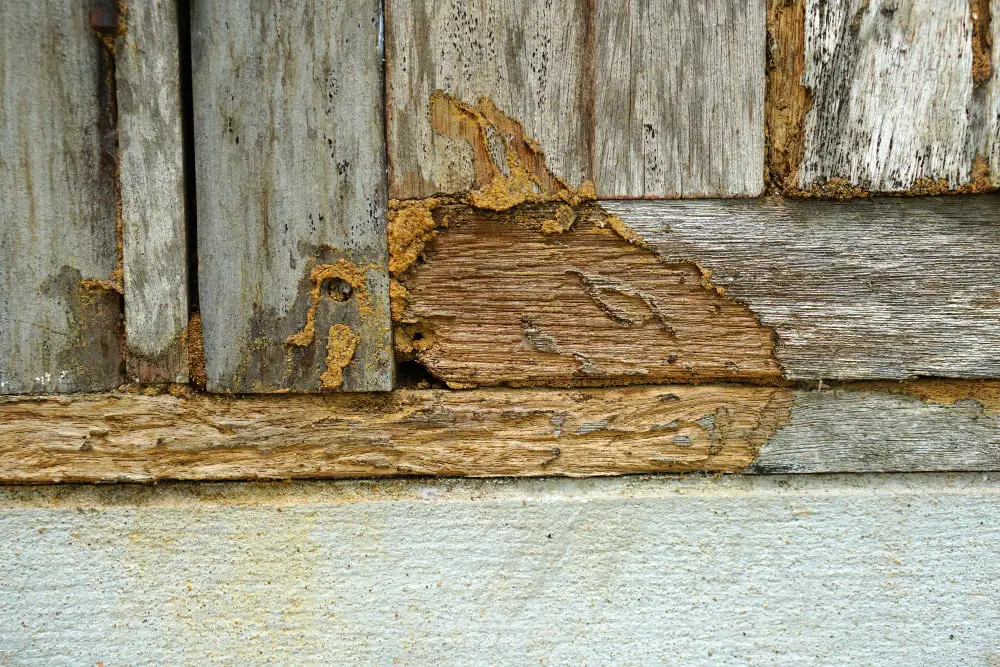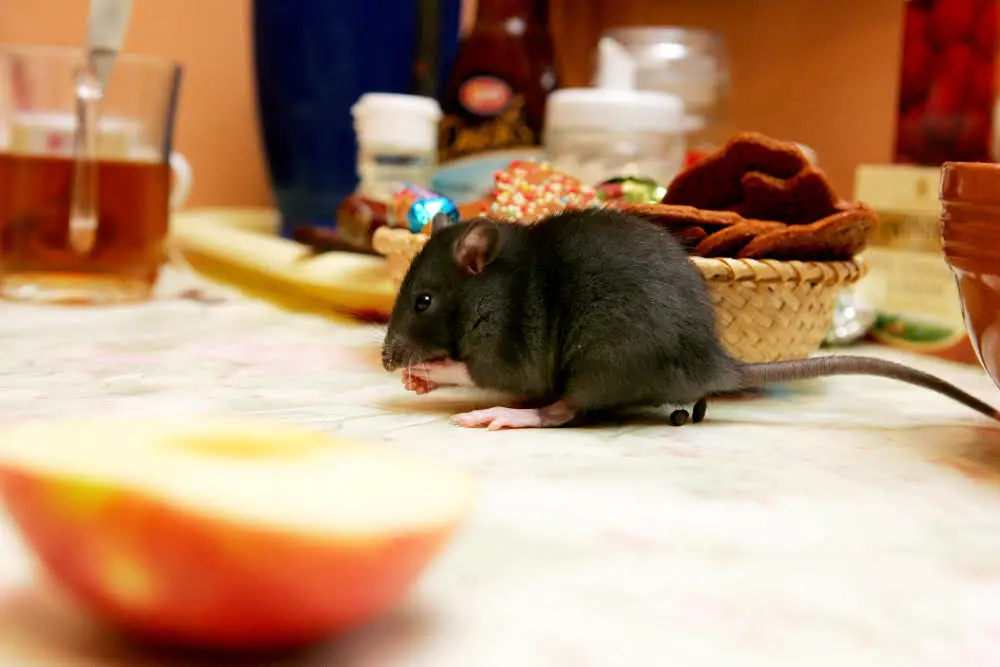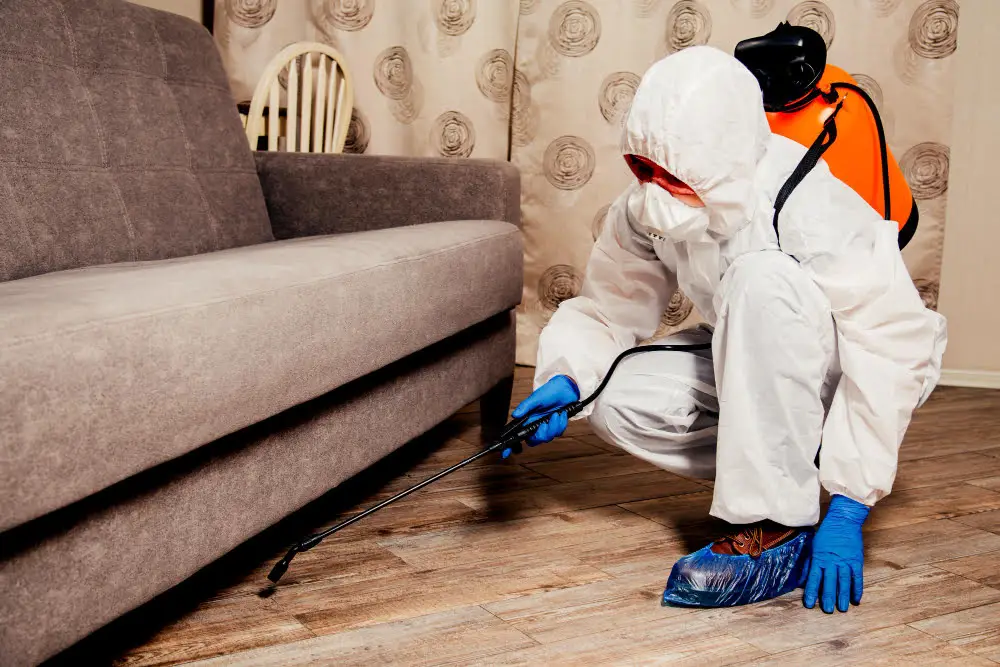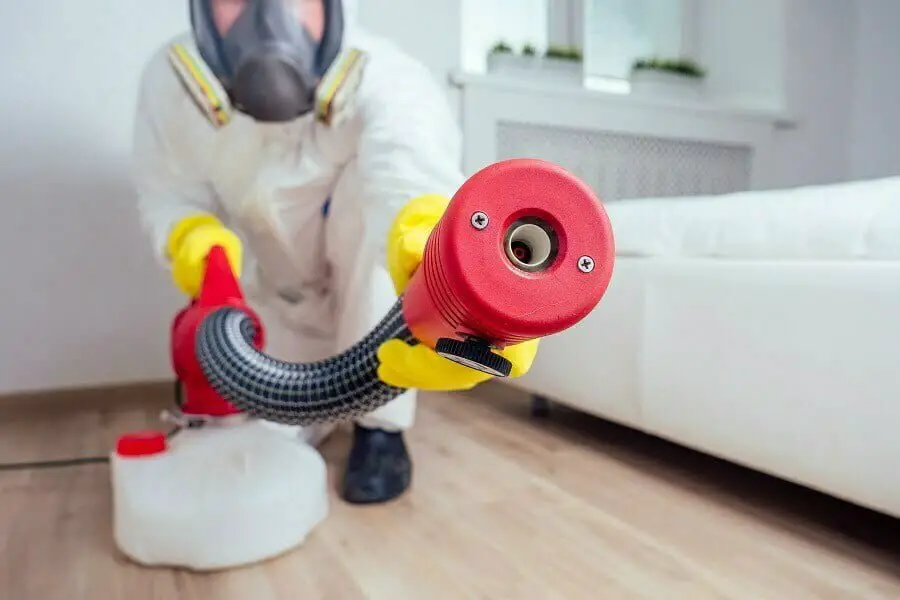Last updated on
A comfortable and healthy living environment is a fundamental aspect of overall well-being. Your home should be a sanctuary where you can relax, unwind, and thrive.
However, pests can quickly disrupt this harmony, posing significant threats to both your physical health and mental peace. This article explores why a pest-free home is essential for maintaining a healthy lifestyle and offers insights into effective pest prevention and management.
Structural Damage

Pests cause extreme damage to the structural integrity of your home. Termites, for example, are infamous for feeding on wood, potentially weakening the foundation and causing costly repairs.
Rodents may chew through wiring, insulation, and other building materials, creating safety hazards and financial burdens. Contact a reputable pest extermination company to evaluate the extent of the pest issue and recommend appropriate solutions. Ignoring structural damage caused by pests can lead to more extensive problems.
Health Risks Associated with Pests

Pests aren’t just nuisances; they can be carriers of various diseases and allergens that impact human health. Cockroaches are known to trigger allergies and exacerbate conditions like asthma.
They can carry pathogens that cause diseases such as salmonella and gastroenteritis. Cockroach droppings, shed skin, and saliva can become airborne and contaminate indoor air quality.
Rats and mice are notorious carriers of diseases such as leptospirosis, hantavirus, and rat-bite fever. Their droppings and urine contaminate surfaces and food, potentially transmitting harmful pathogens.
Mosquitoes are vectors for diseases like malaria, dengue fever, and Zika virus. Their bites can transmit these illnesses, posing a significant health risk to residents.
Bedbugs cannot transmit diseases, but their bites can cause itching, allergic reactions, and sleep disturbances. The psychological toll of dealing with a bedbug infestation can also impact mental well-being.
Flies can carry bacteria and pathogens on their bodies, transferring them to surfaces and food when they land. This leads to the spread of diseases like gastroenteritis and food poisoning.
- Allergies and Respiratory Problems: Pests often leave droppings, saliva, shed skin, and urine allergens. These allergens can become airborne, trigger allergic reactions, or worsen respiratory conditions like asthma. Children, the elderly, and immunocompromised people are vulnerable to these health effects.
Contaminated Food and Water

Rodents and insects can contaminate food and water supplies, rendering them unsafe for consumption. Rodents can chew through food packaging, leaving behind droppings and urine.
Insects like flies can land on exposed food, transferring pathogens from various sources. Consuming contaminated food or water leads to foodborne illnesses and gastrointestinal issues.
Mental and Emotional Impact

Living in a pest-infested environment can affect your mental and emotional well-being. The constant stress and anxiety associated with dealing with pests can lead to sleep disturbances, decreased quality of life, and heightened levels of discomfort. Problems can create an atmosphere of unease and tension, making it difficult to relax and feel at ease in your own home.
Effective Pest Prevention and Management
Maintaining a pest-free home requires a proactive approach to prevention and management. Regular cleaning and proper sanitation are essential to reducing pest attraction. Wipe down surfaces, clean up spills promptly, and store food in airtight containers.
A clean living environment makes it less appealing for pests to find food and water sources. Inspect your home for potential entry points that pests can use to gain access: seal gaps, cracks, and holes in walls, floors, and foundations. Install door sweeps and repair damaged screens to prevent pests from entering your home.
Dispose of waste properly by using sealed trash cans and recycling bins. Regularly empty trash containers indoors and outdoors to avoid attracting pests. Eliminate excess moisture by fixing leaky pipes, repairing roof leaks, and using dehumidifiers in damp areas.
Pests like cockroaches and termites thrive in moist environments. Schedule regular professional pest inspections to identify any signs of infestation or vulnerability. Early detection can prevent minor issues from becoming major problems.
The Holistic Impact of a Pest-Free Home
Maintaining a pest-free home goes beyond mere cleanliness; it’s fundamental to creating a holistic environment that supports your physical, mental, and emotional well-being. A pest-free home promotes better sleep, reduces stress, and enhances overall quality of life.
It lets you enjoy your living space without worrying about health risks and property damage. By prioritizing pest prevention and management, you invest in your health and the well-being of your loved ones.
A healthy lifestyle begins with a safe and comfortable living environment. Keeping your home pest-free is an essential component of maintaining your overall well-being. The health risks associated with pests, from diseases to allergies, cannot be underestimated.
By taking proactive steps to prevent infestations and effectively manage existing issues, you create a sanctuary where you can thrive physically, mentally, and emotionally. Embrace the importance of a pest-free home and enjoy the peace of mind of a clean and healthy living space.
Continue reading:
Recap




